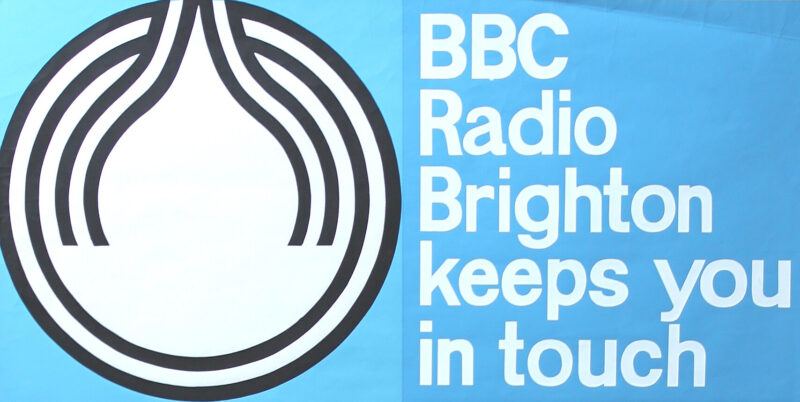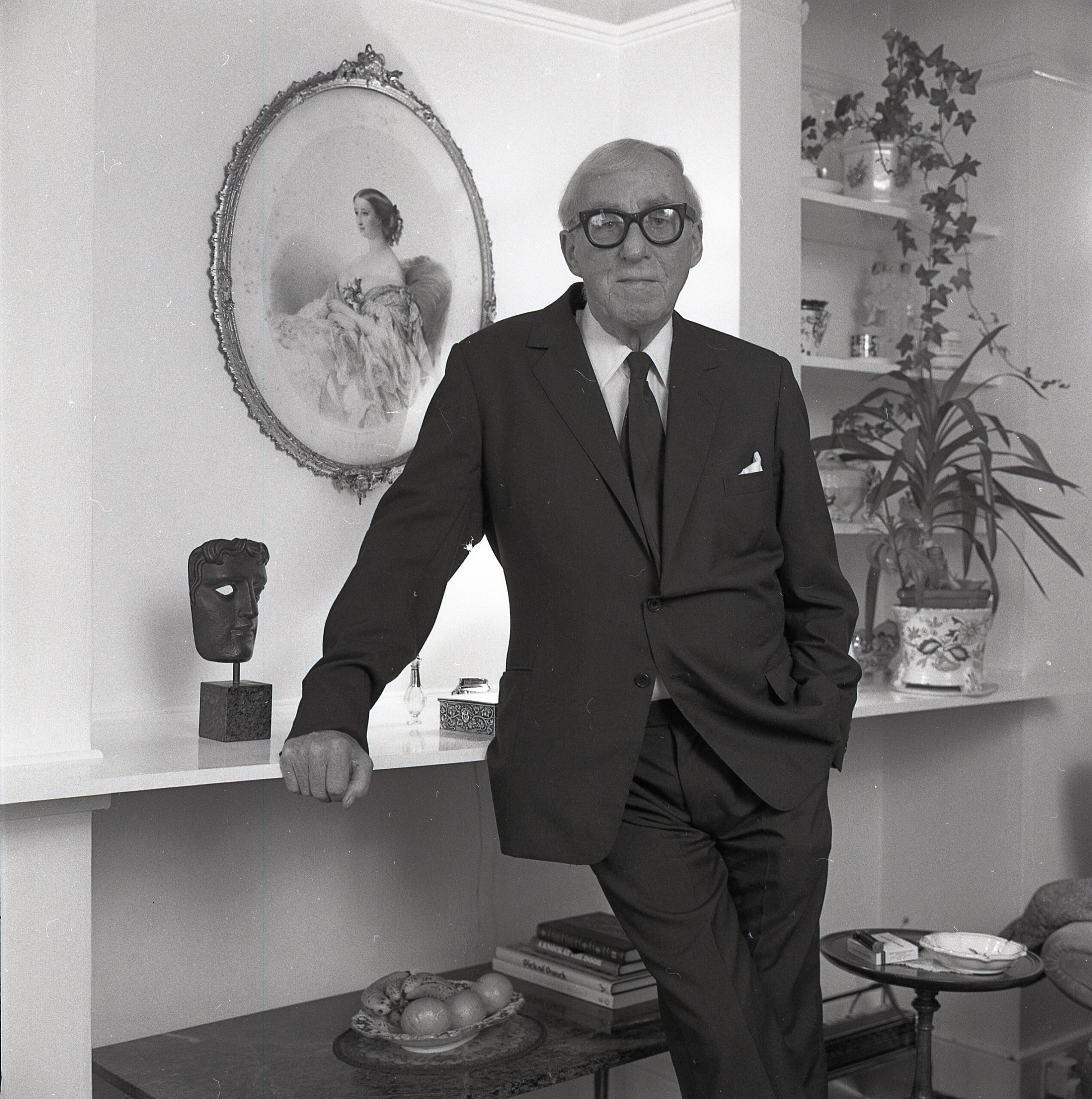D-Day in the BBC Radio Brighton Archive
D-Day in Newhaven
D-Day: 30 year anniversary
Mary Morris



The 6 June 2024 marks the 80th anniversary of the Normandy Landings. Also known as D-Day, almost 160,000 Allied troops descended on Nazi-occupied France in a combined naval, air and land invasion which tipped the course of the Second World War in the Allies’ favour.
Featured here are audio recordings relating to D-Day in the BBC Radio Brighton Archive held by Brighton & Hove Museums. The recordings give an insight into preparations for D-Day, the landings, and the aftermath from those that experienced it first-hand.
Brighton & Hove Museums are grateful to Unlocking Our Sound Heritage (UOSH) for making these recordings available. The UK-wide project digitised and catalogued 350,000 rare and unique audio sound recordings between 2017 and 2023. It was led by the British Library and supported by the National Lottery Heritage Fund and other funders. The BBC Radio Brighton material was digitised and catalogued by the project’s south-east hub at The Keep archive in Brighton.
D-Day in Newhaven
Chris Warbis introduces an episode of ‘Sussex Scene’ marking the anniversary of D-Day. David Clitheroe visits Newhaven, a significant embarkation site, to speak to those who remember the events surrounding 6 June 1944. He speaks to:
- Fred Tubb, a retired berthing foreman who talks about being on duty in the watch house overlooking Newhaven Harbour and what he could see and hear from there
- Squadron Leader Thomas Finn, present C.O. of the RAF’s 28 Air-Sea Rescue Marine Craft Unit, who talks about the Unit’s wartime purpose at Newhaven
- Reg Cardy, Newhaven Harbour’s Divisional Shipping Manager at the time, who describes the action at the harbour in June 1944
- Ted Bones who talks about working on the tank landing craft at Newhaven
- Marthe Howey, who had fled from France to Newhaven with her husband John earlier in the year, remembers her immediate thoughts about D-Day
Broadcast: June 1972
Duration: 19 min. 28 sec.
Ref: UTK006/348
D-Day: 30 year anniversary
Chris Warbis introduces a ‘Viewpoint’ programme on the thirtieth anniversary of D-Day, featuring two veterans of the D-Day landings, Charles Bennett and Alan Melville, talking about their memories of the events:
- Charles Bennett talks about the D-Day preparations, build-up in Southampton, postponement, weather conditions crossing the Channel; landing under-fire, casualties; advance up beach, Pegasus bridge; success holding position, further battles in Normandy, advance towards the Seine.
- Alan Melville talks about involvement in D-Day as a war correspondent, drafted from RAF; D-Day preparation briefings in Hampshire; build-up in Portsmouth, postponement; crossing and landing after the assault troops; shelling from Allied Navy; casualties; sending news footage back to BBC via the Navy; sending dispatches by carrier pigeon.
Broadcast: June 1974
Duration: 27 min. 47 sec.
Ref: UTK006/525
Mary Morris
Bernard Rutherford talks to Mary Morris about her time as a nurse during the Second World War. Morris talks about being a student nurse and qualifying in 1944 before joining the Queen Alexandra’s Imperial Military Nursing Service (QAIMNS) and being sent to the beaches in Normandy after the D-Day landings after two weeks military training at Hatfield House.
She talks about her feelings and emotions at being posted to France, and reactions to the sights she saw on the road to Bayeux. She describes setting up and working in a field hospital in an apple orchard at Bayeux which, at 10km from Caen, was the closest hospital to the battle there which led to both British and German injured soldiers being sent to Bayeux.
Morris describes the working conditions in the field hospital, the high numbers of casualties treated, the medical work undertaken by the nurses which they would not have done in a civilian hospital, the patients she treated and using penicillin for the first time. She talks about the relationships between the allied and non-allied soldiers at the hospital. She describes the conditions at the orchard following prolonged rain and talks about treating young Canadian soldiers who had been mistaken for German troops and been attacked with flamethrowers by the allies.
Broadcast: March 1973
Duration: 18 min. 53 sec.
Ref: UTK006/586